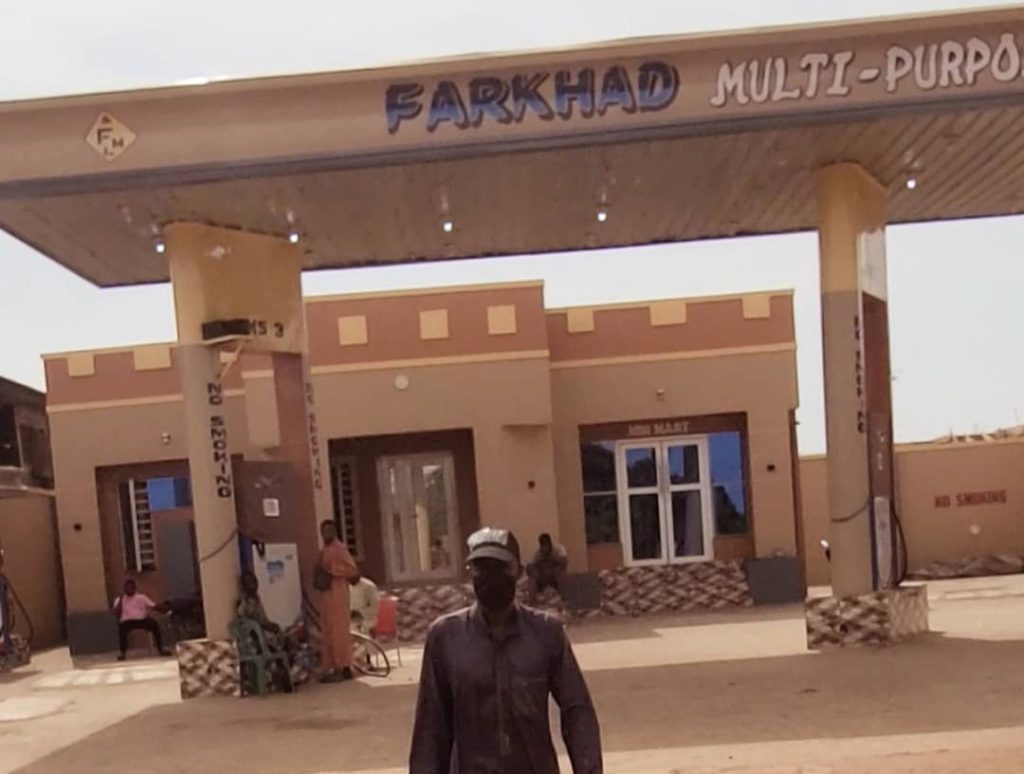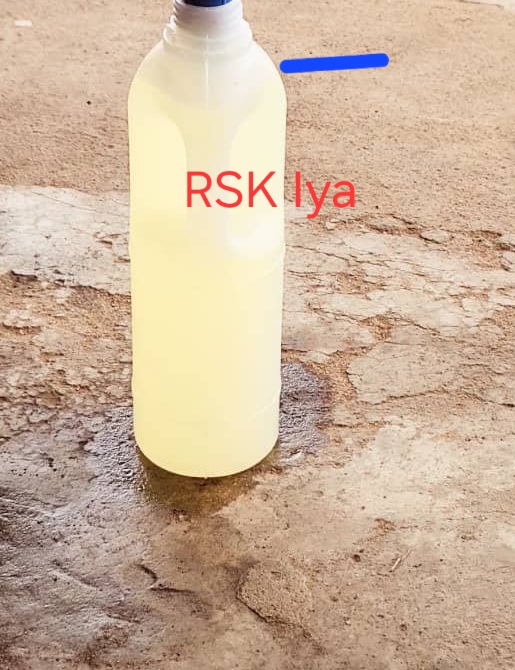A silent rip-off is happening at the fuel pumps in Saki. An investigation by Korrectnews has uncovered discrepancies between what consumers are paying for and what they are actually getting — and the findings are raising serious questions about fuel metering standards, regulatory enforcement, and the ethics of retail fuel operators in the region.
Over ten filling stations were visited across key locations in Saki town, including Oke-Suna, Ogbooro Road, Iya Community, and Igbooro. A simple test was used: purchase N1,000 worth of Premium Motor Spirit (PMS) and measure the output using a standard, calibrated one-litre container.
Where the Pumps Were Fair
Some stations maintained dispensing accuracy, delivering close to or exactly a liter as expected based on their price-per-litre.
At Farkhad Multipurpose Filling Station and Arowojeka Oil Nigeria Limited, both selling at ₦980 per liter, the pump reading for ₦1,000 purchases was 1.02 litres. When poured into a one-litre container, the fuel settled exactly at the brim.


Rafyak Energy and Lubrication Services Limited produced a similar result, raising no red flags.


So did RSK Adebowale Multipurpose Co. Nig. Ltd., where the volume matched the liter mark, even accounting for minor spillage during measurement.


Arolagbade Resources Nig. Ltd. along Ogbooro Road, also passed the test with a precise 1.02 litre pump reading translating into exactly one litre in the container.


The Gold Standard: NNPC Iya Community
At the NNPC Filling Station in Iya Community (formerly Tuzaq), fuel was sold for ₦960 per litre, the lowest price recorded during the investigation. A ₦1,000 purchase showed approximately 1.04 litres on the meter — and remarkably, it filled the container and left enough residue to fill a cap of a 4-litre oil can.


This is the only station where the consumer received more than expected. It stands out as a model for transparency and fair trade.
The Shortfall Stations
However, not all outlets held to this standard.
At MRS Filling Station, beside Okere Palace in Igbooro, a ₦1,000 purchase also displayed 1.02 litres, but the actual content fell short of a litre. The difference was subtle, yet unmistakable.


Yusmash Nigeria Limited along Ogbooro road showed a similar trend: 1.02 litres on the pump but less than a litre in the container.


Muf-Badmus Resources Limited showed 1.01 litres on the display for ₦1,000 worth of fuel, yet what came out was slightly below a litre. In a business where every drop counts, that’s a concern.


At Aduke Omokemi Investment Nigeria Ltd., though the dispenser read 1.02 litres, the measurement also fell short of the one-litre benchmark, adding to the list of questionable practices.


Closed Doors, Silent Pumps
A number of stations were not operating during the investigation. These include:
- Ennydaras Nigeria Ltd. (Ogbooro Road)
- NNPC SSA (Ilesha Ibaruba Road)
- Adeleke Filling Station (Owode Market)
- Jelasco (Oke-Suna)
- Folydak (Opo-Maalu)
While inactivity does not imply misconduct, it left fewer options for consumers and reduced chances of comparison.
Consumer Trust in Crisis
In a nation where fuel costs are a burden for the average household, and subsidy removal has worsened price sensitivity, even a 2% to 3% shortfall in volume translates into billions in lost value for Nigerian motorists over time.
This is more than a Saki issue. It reflects a larger failure in fuel dispensing integrity, which regulators like the Nigerian Midstream and Downstream Petroleum Regulatory Authority (NMDPRA) must urgently.
The findings from this investigation suggest a mix of integrity and quiet fraud. While some stations remain honest and accurate, others subtly manipulate volumes — shortchanging customers who may never notice unless they measure.
As Nigerians struggle under rising fuel prices, one has to ask:
When a litre isn’t truly a litre, who protects the people?




Bravo!!
This is a “Topnotch” investigation!
Kudos! to the team for a job well done👍.
This is one of the issues Nigeria government need to attend to and find a way of eradicating the mess. It’s a saga that’s happening everywhere…